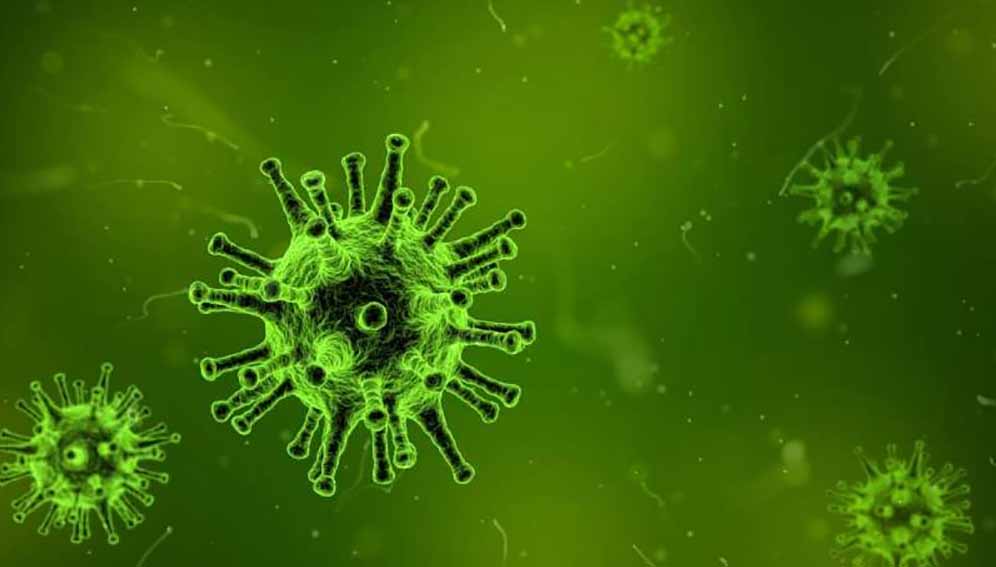
Corona Virus disease (COVID-19)
What is a pandemic?
A pandemic is an epidemic that spreads on a global scale. Pandemics usually occur when a new infectious disease emerges that can spread rapidly around the world. The WHO declared the outbreak of COVID-19 a pandemic on 11 March 2020.
Most people do not have immunity to a new virus. Viruses that have caused past pandemics usually come from animal viruses that have mutated to affect humans. For a new virus to have pandemic potential it must meet three criteria:
- humans have little or no pre-existing immunity against the virus
- the virus causes disease in humans
- the virus can spread efficiently from person to person.
Previous pandemics include Spanish Influenza in 1918 or H1N1 Swine Flu in 2009. Only Type A influenza viruses have been known to cause influenza pandemics. This COVID-19 pandemic is the first caused by a corona virus.
What is the COVID-19 virus?
COVID-19 is a new strain of corona virus that has not been previously identified in humans. It was first identified in Wuhan, Hubei Province, China, where it has caused a large and ongoing outbreak. It has since spread more widely in China. Cases have since been identified in several other countries.
Human corona viruses are spread from someone infected with COVID-19 virus to other close contacts with that person through contaminated droplets spread by coughing or sneezing, or by contact with contaminated hands, surfaces or objects.
The time between when a person is exposed to the virus and when symptoms first appear is typically 5 to 6 days, although may range from 2 to 14 days. For this reason, people who might have been in contact with a confirmed case are being asked to self-isolate for 14 days. Most COVID-19 cases appear to be spread from people who have symptoms. A small number of people may have been infectious before their symptoms developed.

If you think a surface or object you touched may be infected, clean it with a common household disinfectant to kill the virus and protect yourself and others. Clean your hands with an alcohol-based hand rub or wash them with soap and water. Avoid touching your eyes, mouth, or nose.
What are the symptoms?
Patients may have fever, cough, runny nose, shortness of breath and other symptoms. In more severe cases, infection can cause pneumonia with severe acute respiratory distress.
If you have been overseas in the last 14 days, you should isolate yourself for 14 days after you returned. But if you develop a fever, a cough, sore throat or shortness of breath within 14 days of travel, you should call your doctor. When you call, tell them where you have travelled or if you have been in contact with a confirmed case or (if your symptoms are severe) visit your local Emergency Department. When you arrive, immediately tell staff where you have travelled or if you have been in contact with a confirmed case.
If you need to seek medical care wear a surgical mask if available when attending. It is important if you have symptoms you should not use public transport, taxis, or ride-sharing services.
